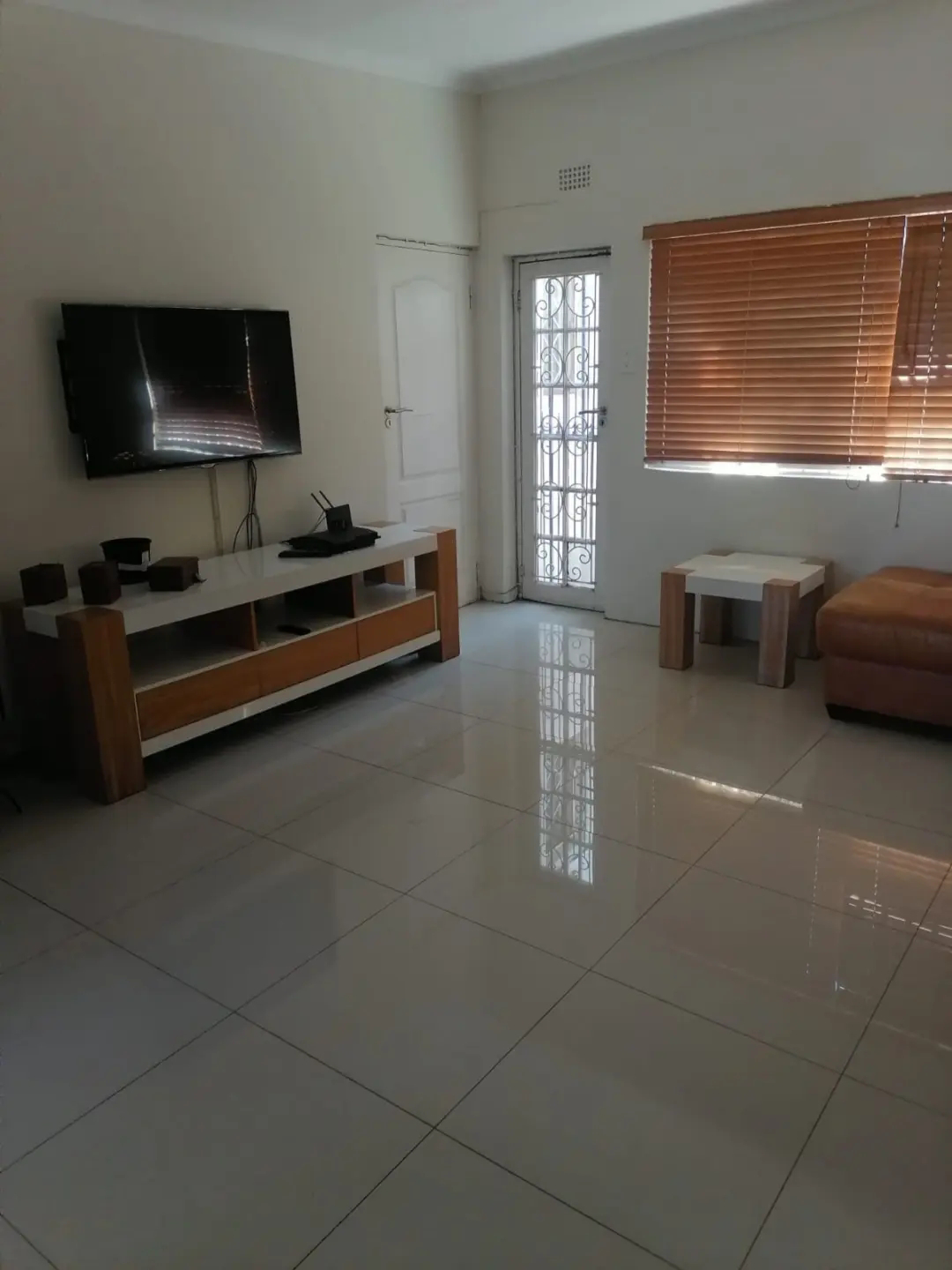Lake Properties Lake Properties
Lake Properties Lake PropertiesHere is a detailed description of what a land surveyor does and how they can be especially valuable for individual homeowners:
What a Land Surveyor Does
A land surveyor is a trained and licensed professional who uses mathematics, specialized equipment (like GPS, total stations, and 3D scanners), and knowledge of land laws to:
- Measure land features: Including boundaries, elevations, contours, and structures.
- Create official records: Such as plats (maps showing boundaries) and legal descriptions used in deeds.
- Interpret legal documents: Such as deeds and titles, to reconcile what's on paper with what's on the ground.
- Support construction: By providing elevation data, slope analysis, and layout services for builders and engineers.
How a Land Surveyor Helps Individual Homeowners
1. Establishing Accurate Property Boundaries
- Avoid building on someone else’s land or violating setback rules.
- Ideal before installing fences, walls, driveways, or landscaping features.
- Useful for subdividing property or confirming lot lines in older neighborhoods.
2. Buying or Selling a Home
- A boundary survey verifies exactly what land is included in a sale.
- Identifies potential issues like encroachments (e.g., a neighbor's shed crossing your line).
- Helps buyers understand easements (e.g., utility access across your yard) that might affect property use.
3. Resolving Disputes
- If there's disagreement with a neighbor about where the line lies, a licensed surveyor’s map can serve as a legal reference.
- Often used in mediation or court cases involving property disputes.
4. Planning New Construction or Renovations
- Ensures compliance with zoning laws and building setbacks.
- Provides elevation data needed for designing foundations, drainage, or septic systems.
- A topographic survey helps architects and engineers design to suit the land's slope and features.
5. Flood Risk and Insurance
- A surveyor can produce an elevation certificate, showing your home’s height relative to the local floodplain.
- Required by FEMA and insurance companies if your property is in or near a flood zone.
6. Obtaining Permits
- Many municipalities require a recent survey before issuing building permits.
- Surveys are often needed to show existing conditions and proposed changes.
Types of Surveys Useful for Homeowners
- Boundary Survey: Confirms exact property lines.
- Topographic Survey: Maps terrain features, elevations, and vegetation.
- ALTA/NSPS Survey: A comprehensive survey often used in real estate transactions.
- Construction Staking: Marks where buildings or utilities will be placed.
- Subdivision Survey: Used to divide a lot into smaller parcels.













